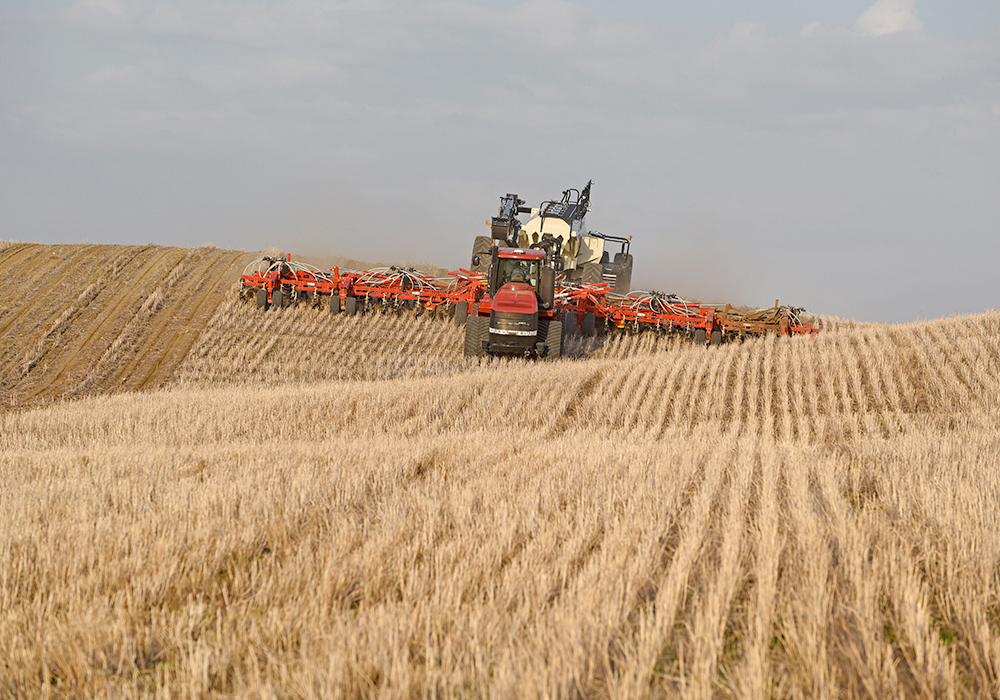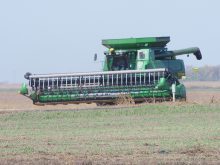We’ve spent a century encouraging farmers to go big, go industrial and go simple.
That means it will not be easy to turn farms into the higher management systems that governments and those concerned about climate change appear to expect.
Joy Agnew of Olds College in Olds, Alta., said farmers are not yet convinced that changing their practices to hit 4R nutrient rates and other targets can be done without imperilling the farm.
“It’s all about perception of risk and value to their farm,” said Agnew.
Read Also

Huge Black Sea flax crop to provide stiff competition
Russia and Kazakhstan harvested huge flax crops and will be providing stiff competition in China and the EU.
“So there needs to be good evidence and good information to show a farmer that this is going to work for me on my farm.”
Agnew has analyzed targets for emissions reduction from fertilizer on farmland and found daunting challenges to reaching the federal government’s voluntary target of a 30 percent reduction from 2020 levels.
Beyond the problems created by technological and other limits from emissions-reduction measures, getting thousands of farmers to fundamentally change their farming methods poses a big obstacle.
Farming today relies upon large-scale, industrial methods that require simplification of production. Monocropping is standard and field-size decisions are favoured over micromanaging in-field and slowing down is often not possible.
“They need to go,” said Agnew about the problems some farmers have experienced trying to employ variable rate technology in real time.
“Flat rate — let’s go and just figure out next year what happened.”
Agnew challenged those wanting to see farmers embrace a more intensive-management style of farming to conduct the research needed to convince farmers that big changes will pay off.
“It has to be proven,” said Agnew.
“It has to be demonstrated for them to even consider it, otherwise it’s just too high-risk for them.”


















